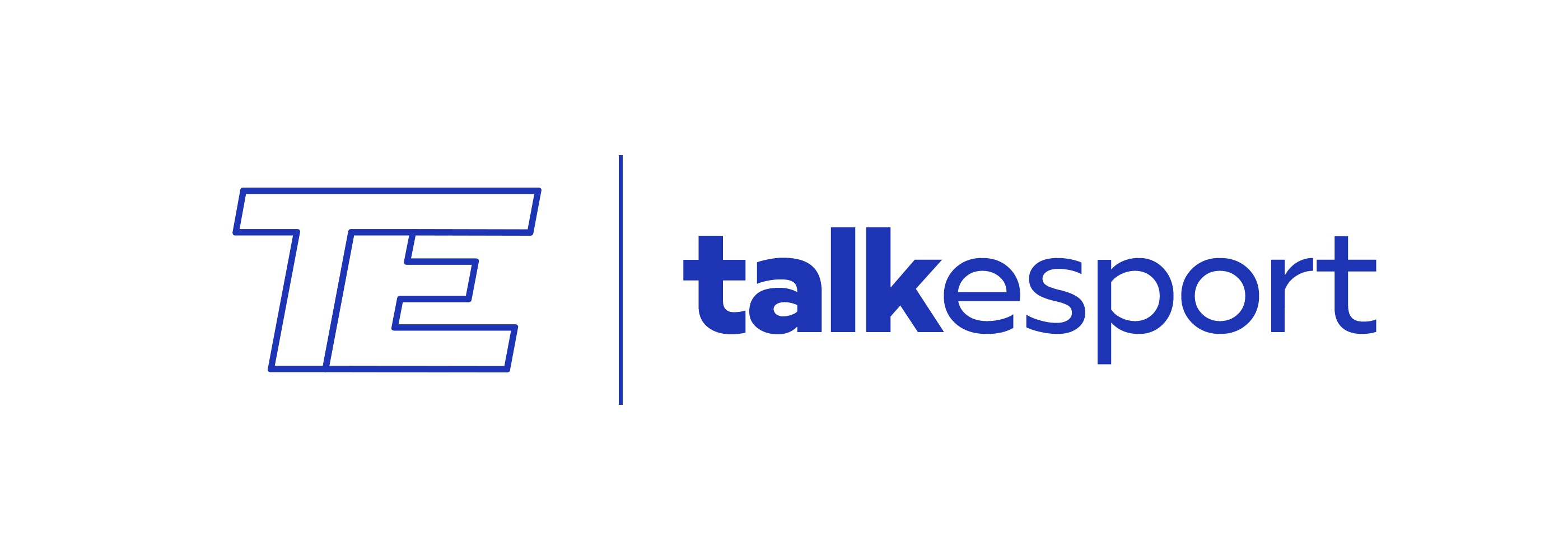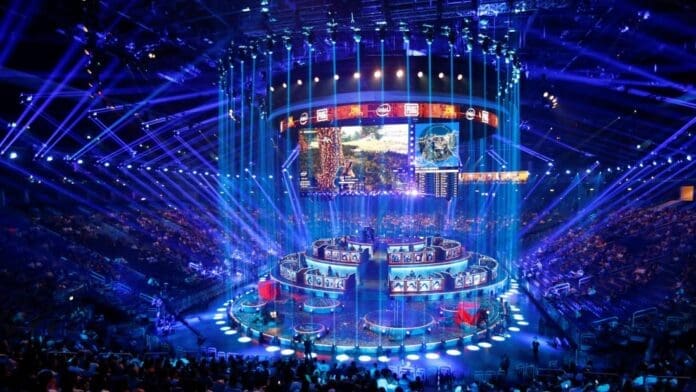When esports betting site Loot.bet released its 2020 stats earlier this year, the data confirmed that well-established titles like Counter-Strike: Global Offensive and Dota 2 still dominate the industry. If we take the numbers of bets placed on each title as a barometer of worldwide interest, CSGO has been the clear market leader, accounting for 53% of all wagers made. Dota 2 trailed behind at a still-hefty 35%, while League of Legends was third with 7%.
But that was then, and this is 2021. How might we expect the world of esports to develop in the coming months? First up, it should go without saying that the biggies will continue to be biggies. The likes of CSGO and Dota 2 have vast, multi-faceted ecosystems that mean they’ll continue to hold the attention of millions of fans. Sure, there’s been some debate in recent months about CSGO potentially “dying”, but – as esports commentator Jacob “Pimp” Winneche tweeted – “Counter Strike has been dying for the past 20 years and will most likely to continue for the next 20 years.”
That being said, we can certainly expect to see Valorant carry on stealing some of the limelight from CSGO in 2021. The FPS from Riot Games was released to radioactive levels of hype last year, immediately muscling in on its predecessor’s territory. As YouTuber Adrix said, “Valorant was specifically made for people who love CSGO but are also bored with it.” The intention now is to develop Valorant into the next esports heavy hitter, with the 2021 Valorant Champions Tour progressing from regional tournaments through to a world championship event.
With sponsorship from Red Bull and gaming chairs manufacturer Secretlab, the competition is set to firmly consolidate Valorant’s position in the industry.
Mobile gaming on the rise
This also may be the year mobile esports really comes of age. Or, to be specific, comes of age outside Asia, where it grew out of short trousers a long time ago (in 2019, 68% of global mobile esports revenue – a whopping $13.3 billion – came from Asia alone). Industry experts and gamers have long debated how and when mobile esports will capture the imagination of fans in the West on a similarly massive scale. It’s fair to say that if any game has a strong chance of breaking down prejudices and preconceptions, it’s League of Legends: Wild Rift. The sheer pedigree of the League of Legends name alone is a serious attention-grabber.
Riot Games are going in hard to establish Wild Rift as an esports presence with tournaments set to unfold in Thailand and Malaysia. As the game eventually rolls out in regions like Europe and North America, it’s sure to make PC players sit up and take mobile esports seriously.
Another title that’ll be drawing attention to the rise of mobile esports in 2021 is PUBG Mobile. Last year, it was revealed that the PUBG Mobile ecosystem was to be dramatically expanded in 2021, with new Pro Leagues in territories like Western Europe, North America and Latin America. This is all part of an explicit push to encourage the kind of engagement which PUBG Mobile already gets in the East. The total 2021 prize pot of $14 million is bound to stir up excitement as well.
Speaking of money, we can comfortably expect more and more lucrative deals to come during this boom period for esports. Last year’s shutdown of traditional sports events due to the Covid-19 pandemic accelerated the already-burgeoning interest in esports, bringing windfalls galore. Charlie Baillie, co-founder of esports company Ampverse, recently commented on the radical evolution that’s taken place, saying that “we will look back on 2020 as a transformational year where esports accelerated its trend towards becoming the most valuable global entertainment asset, eclipsing that of mainstream sports.”
It’s projected that esports will rake in more than $1 billion for the first time in 2021, with much of that revenue coming through advertising and sponsorship deals. A quick glance at the landscape reveals how some of the biggest brands are getting in on the action, with Marvel renewing its partnership with Team Liquid, and IBM signing a deal with the Overwatch League.
We can also expect to see further ties forged between esports and iGaming. A stratospheric jump in esports betting was noted in 2020, even before the Covid-19 shutdowns began. In the UK, for example, there was a 2922% year-on-year rise in esports bets between March 2019 and March 2020. Betting sites have, unsurprisingly, been keen to invest in the industry. Many bookmakers have signed sponsorship deals with esports companies – a recent example being Betsafe, which in November 2020 became the headline sponsor of Swedish esports brand GODSENT’s CSGO division.
The increasing visibility of esports betting may also draw more attention to a slightly thorny issue. While many traditional, regulated bookmaker sites have esports sections these days, there are still plenty of specialised esports betting sites out there which are either unlicensed, or don’t have the right local license to operate legally in a certain territory. For example, many bettors in the UK continue to place wagers at sites that haven’t been given the UK Gambling Commission’s seal of approval, and are technically operating illegally in the country. Sources put the size of the UK black market at around £1.4 billion in stakes per year, and the size of the global market at over $1.7 trillion a year.
Of course, this data includes wagers on traditional sports as well as esports. But it does beg the question of whether there may be any kind of clampdown on specialist esports sites as the industry continues to balloon in popularity.
From the rise of new titles to the focus on mobile to the growing importance of iGaming, there are certainly interesting times to come for esports in 2021 and beyond.


